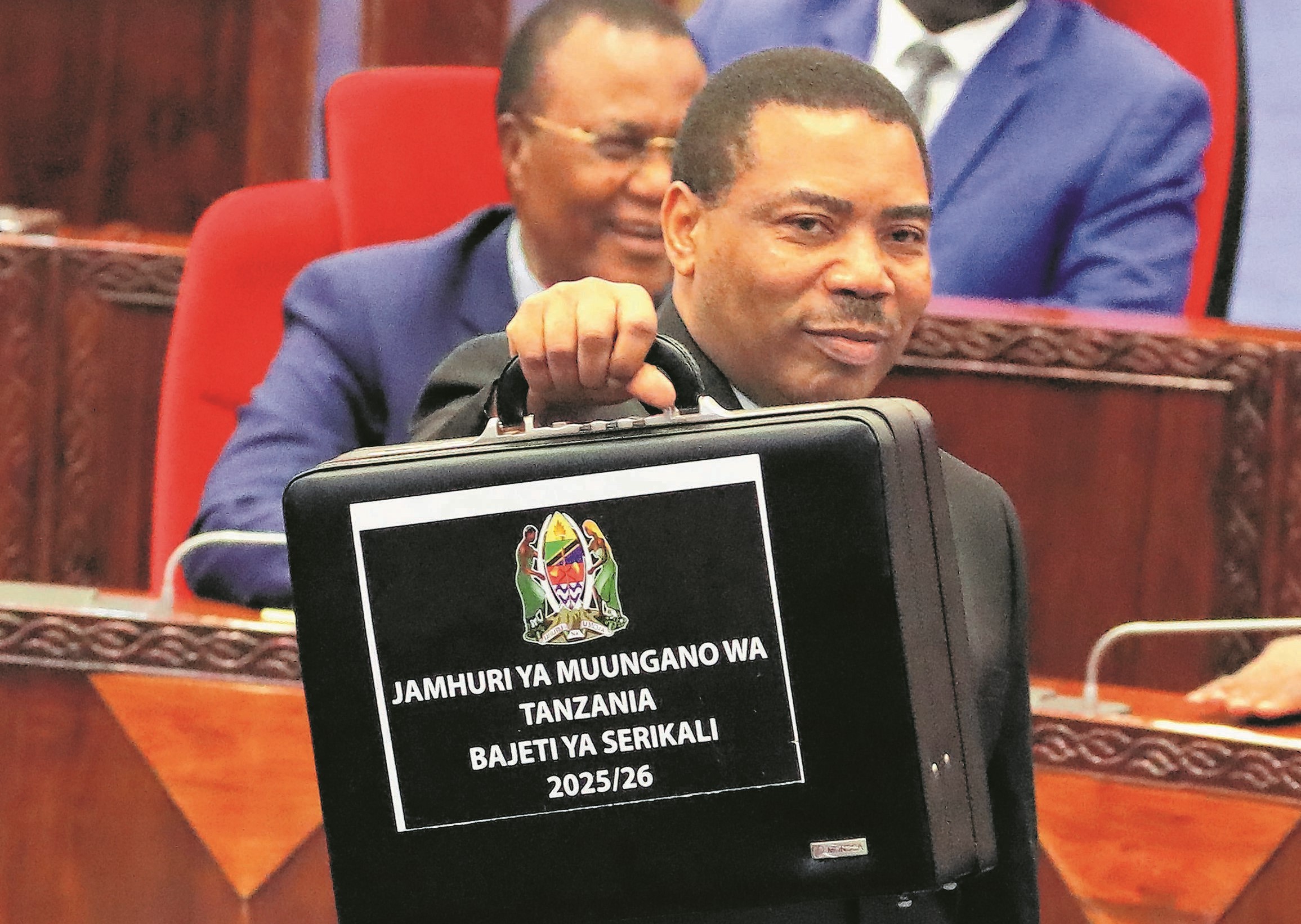Human rights centre to help Tanzanians sue the government over power rationing

The 507.5 kilometre line that runs from the Isinya substation to Arusha, through Namanga, has the capacity to transfer 2,000 megawatts. PHOTO | iStock
What you need to know:
- The Legal and Human Rights Centre aims to assess the true extent of the repercussions of frequent power outages, with the objective of offering legal support to affected individuals
Dar es Salaam. Disturbed by the grievances voiced by ordinary citizens and entrepreneurs regarding the adverse effects of ongoing electricity rationing, a human rights organization has initiated investigations into the matter.
The Legal and Human Rights Centre (LHRC) aims to assess the true extent of the repercussions of frequent power outages, with the objective of offering legal support to affected individuals.
The LHRC has already deployed a team of experts to the Morogoro region to investigate and collect citizens’ views on the actual effects of the ongoing power rationing on their daily economic lives.
“We expect that within a week from now, we will be able to complete the work and identify people who have been directly affected. LHRC will give legal support to file a case in court,” said the LHRC director general, Ms Anna Henga.
The legal aid to be provided will see ordinary citizens, whose economic lives depend on electricity, sue the government for the damages.
“The problem of load shedding affects various constitutional rights of citizens, including sections 23 and 23 of the Constitution of the United Republic of Tanzania, which provide for the right to work and earn a living,” she said.
Ms Henga noted that President Samia Suluhu Hassan instructed Tanzania Electric Supply Company (Tanesco) to end power rationing within a period of six months (until March 2024).
She noted, however, that since the problem was crippling the economic conditions of small-scale business operators, it was LHRC’s wish to have the problem end sooner rather than later.
In view of this, LHRC recommends the government take immediate action to ensure reliable electricity is available within a short period of time. This is possible because, for over six years, the country had reliable electricity.
“Tanesco should also come up with a proper maintenance schedule by following the science of climate change. For example, on November 23, 2023, Tanesco officially announced power rationing across the country caused by the prolonged drought that has led to decreased water levels in hydropower dams. ”
She urged Tanesco not to release confusing information to the public, who did not expect power rationing to continue following the start of heavy rains. From October to November last year, the country experienced heavy rains.
Tanesco’s managing director, Gissima Nyamo-Hanga,, stated that the water flow did not reach the electricity generation sources in Mtera, Kidatu, and Kihansi.




